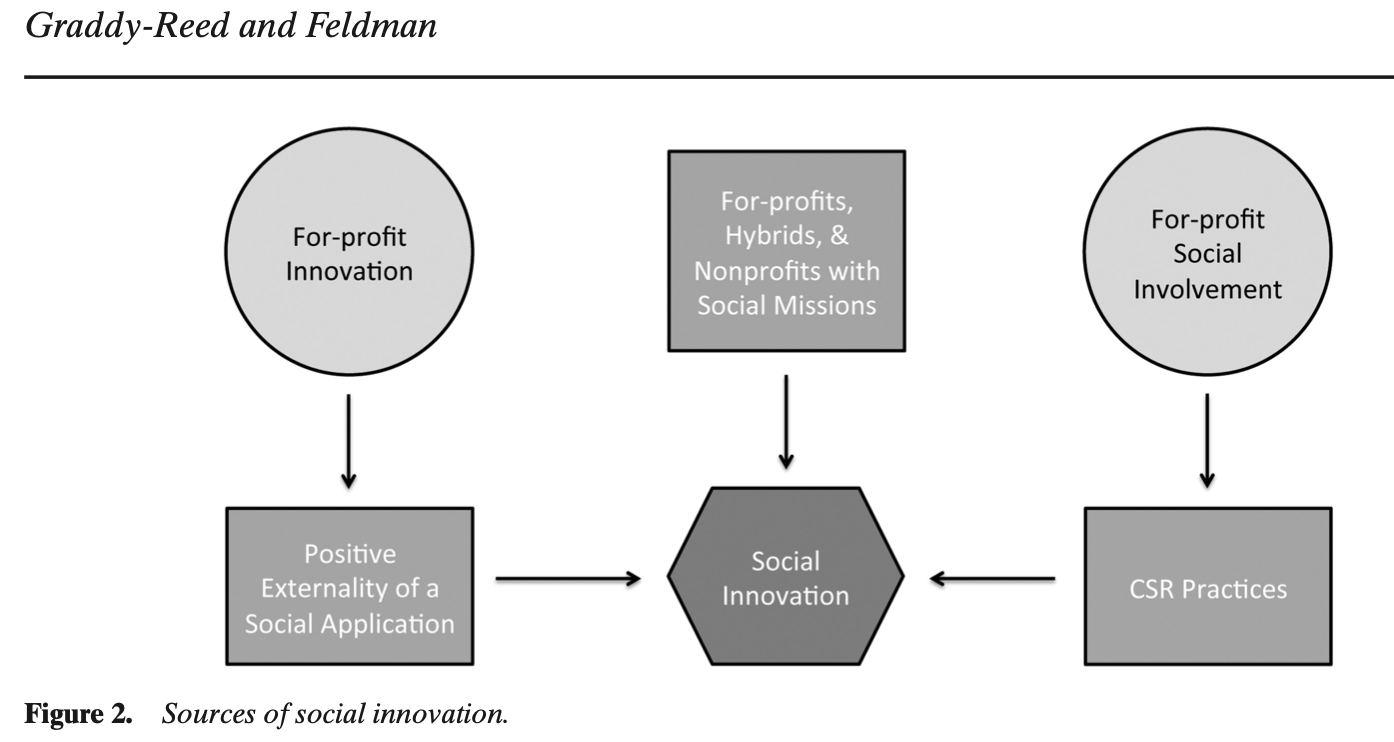Social Innovation
|
These courses present an overview of the strategies and processes of social innovation in the context of economic, institutional, and innovation theory. We examine how social innovation is operationalized across the three sectors with a focus in the United States. Careful attention is placed on the rise of hybrid organizational structures that push and redefine legal boundaries and the new financial models available to fund social efforts. Case studies on special topics examine relevant examples of social innovation across organizational forms and areas of interest. The course culminates with the development of a social enterprise business plan and pitch using the lean start-up method.
|
While Social Innovation is difficult to define, at its core, it is a novel contribution where the primary benefit is to the public good. Yet, it can be incremental or disruptive, it can come from any sector, and it can take on a variety of forms - from organizational structures, to funding models, as well as products and services.
Figure from: Graddy-Reed, A. and Feldman, M.P. (2015). “Stepping Up: An empirical analysis of the use of social innovation in response to an economic recession”. Cambridge Journal of Regions, Economy, & Society, 8(2), 293-312.
|


